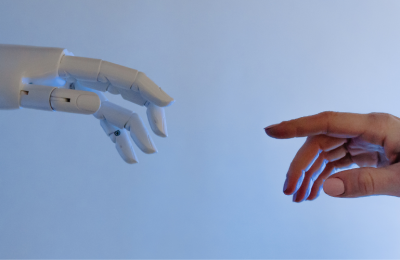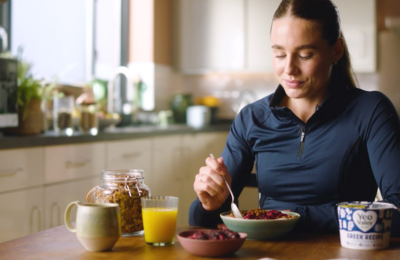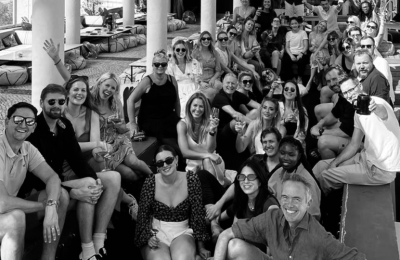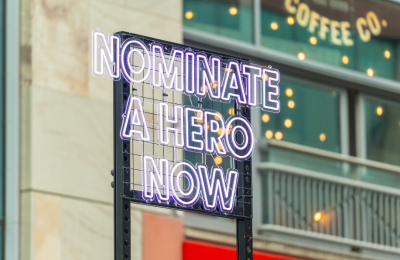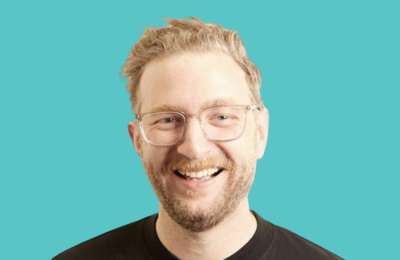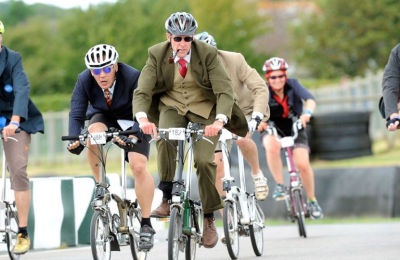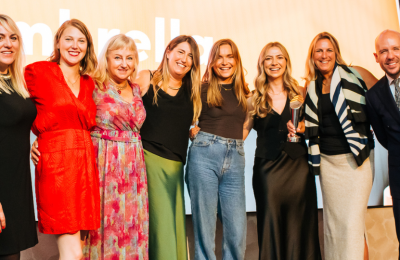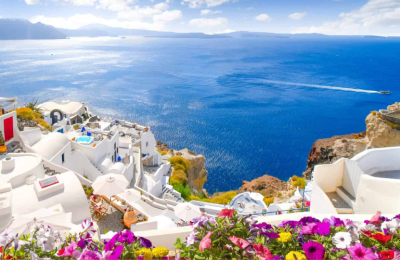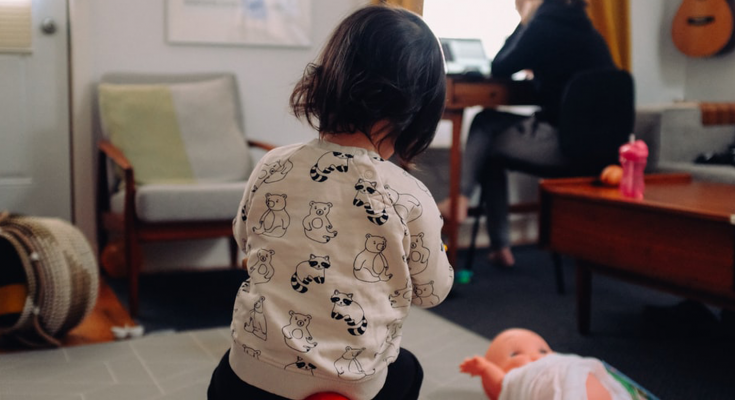The current situation should provide a new anchor for how we make decisions about office-based work. A re-ordering of priorities, a swap of what is normal and what is an adjustment to the norm.
There’s no shortage of predictions about what will definitely never be the same after the current lockdown. The truth is it’s all nonsense because nobody knows. How can they? We’re currently living through the biggest disruption to life most people can remember. There are no reference points. Not World War II, not the Great Depression, not the Spanish Flu. The world was unrecognisable to now when comparable disruption last struck. So, I’m not going to suggest I know what will happen to the way we work, I’m going to focus on what I hope will happen.
So come with me to the future, to a happier, more creative, more productive world of work. The key thing that has happened here is a paradigm shift of what is the norm and what are adjustments to the norm. Here in the future, we can barely remember those big business leaders that saw home-working as totally incompatible with their core business output (although interestingly they didn’t feel strongly enough to argue that case with the government).
Five days in the office is no longer the norm from which adaptations are made, now the start point is five days at home and adaptations to that are made for office work. We asked the team at The Park how many days a week they’d like to work from home and the average was two, so we now do three days in the office and two days at home.
We’ve all realised that certain tasks are better done at home in focused, uninterrupted deep work (according to our research it’s admin, research, writing presentations, and individual creative development). Other aspects of work are better in a communal environment (group creative development, meetings, asking for help, socialising and culture). Here in the future, we try to structure our week in this way now; three days in the office for tasks best served there interspersed with two home working days for tasks best completed there.
We now think of the office less as a place to house workstations and more of a clubhouse. A place where people come with the main intention of collaborating. Collaborating on ideas, helping each other with problems, sharing jokes and building friendships. Here in the future, we can barely remember the counterintuitive way people used to try to concentrate on focused tasks in an open plan space with music and conversation, with half the office wearing headphones to block out the main reason to be in that environment.
This future world is making people happier, giving them more time with their friends and family and reducing the drain of a commute (The Park team told us this was a key motivator for WFH). People’s commutes have got longer in the years since the Coronavirus crisis as more people are leaving the city for a quieter less crowded life. Only having to do it three times a week is a big help.
Patchy WIFI connections were a barrier to more prevalent WFH but thankfully 5G has solved that. We can barely remember the Zoom Freeze Face back in 2020. We’ve also stopped trying to recreate the office at home, no more constant video calls and incessant notifications. Asynchronous communication (not expecting immediate responses) and chunking the week into deep work and collaboration has really helped.
We were nervous about how this would work in a client service business. But the truth is most of our clients had a similar change post-Coronavirus, and when you explain the reasons for your changes, they’re totally supportive. Stands to reason when most people have wanted this for years. Turns out everyone just needed the mass disruption of 2020 to force the tipping point.
Back to today. Who knows when this future will come, who knows whether it will, who knows how many people it will affect? But right now, we have the chance to try and build it.
Will Worsdell is Co-Founder and Strategy Director at The Park and contactable at will@thepark.london


